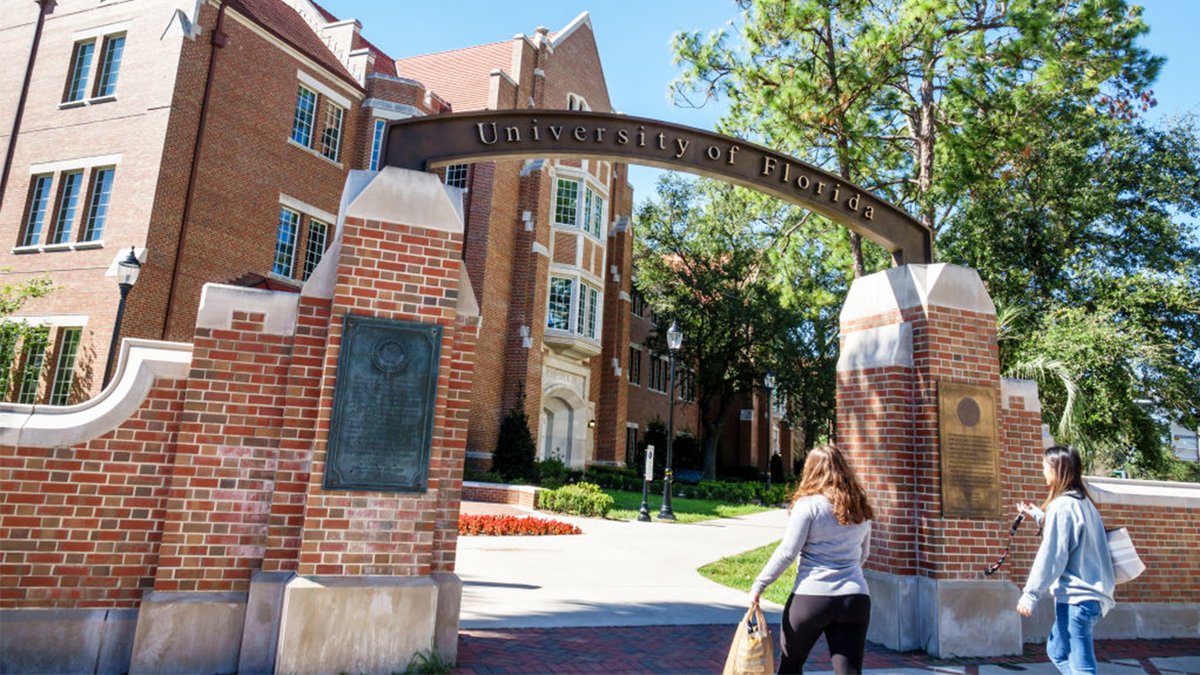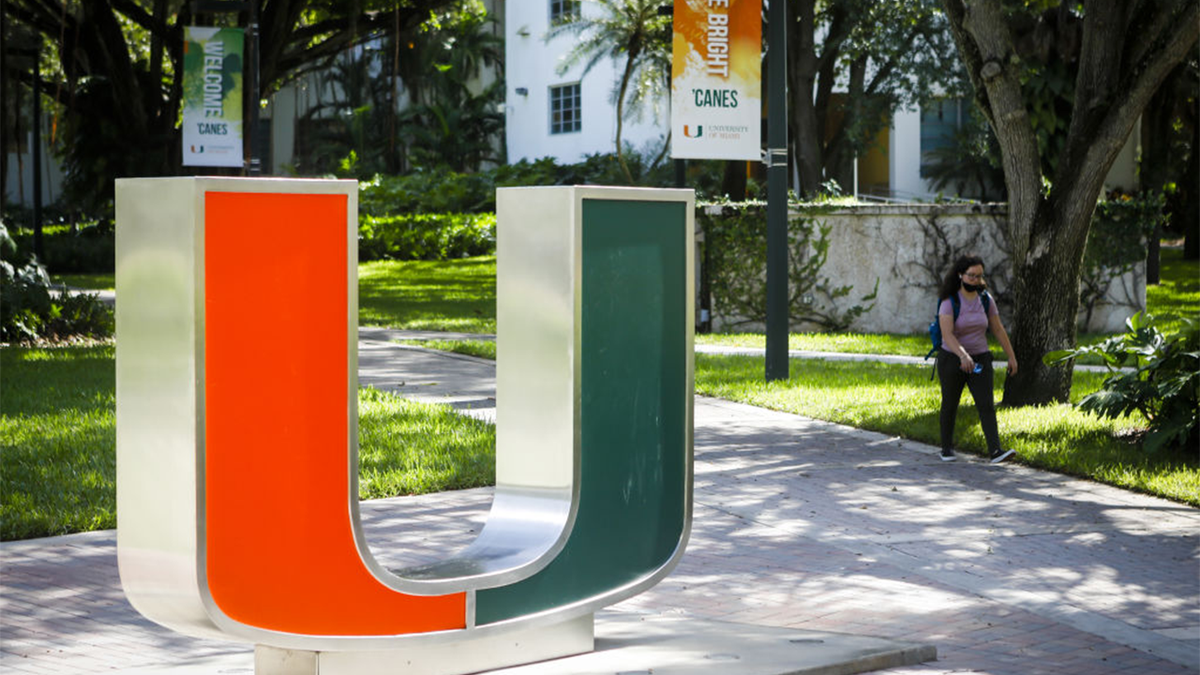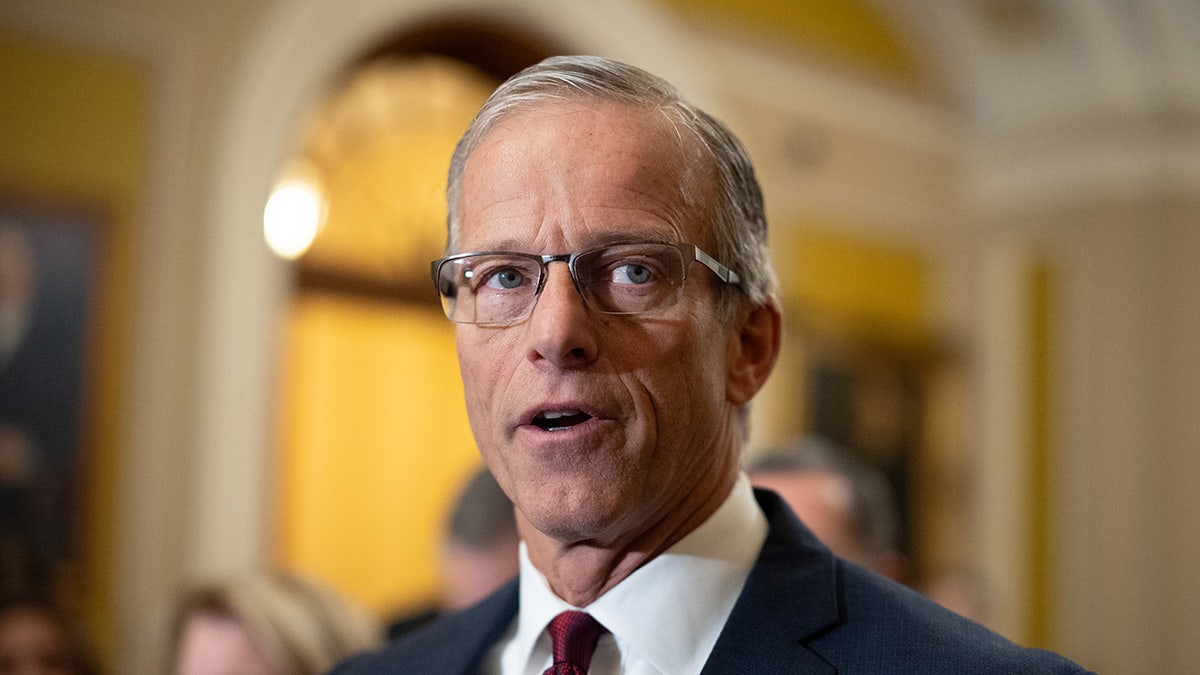A newly proposed bill in Florida aims to alter tuition policies for high school graduates with Deferred Action for Childhood Arrivals (DACA) status. Republican State Senator Randy Fine introduced the legislation, which would require these students to pay out-of-state tuition rates at Florida's public colleges and universities.
Senator Fine argues that Florida taxpayers cannot afford to subsidize the education of students who are not legally residing in the country. He estimates the current policy, enacted in 2014, which grants in-state tuition to DACA recipients, costs the state approximately $45 million annually.



If passed, Senate Bill 90 would mean a substantial increase in tuition costs for DACA students. According to the State University System of Florida, in-state tuition averages around $6,143 for the 2024-2025 academic year. Out-of-state tuition can be considerably higher. As an example, the University of Florida's out-of-state tuition is listed at $28,658 by US News & World Report, compared to $6,381 for in-state students.
Senator Fine contends this measure is a fiscally responsible way to reduce government spending and prioritize the needs of Florida residents. He stated, "While blue-collar Floridians struggle financially, it's unfair to ask them to subsidize discounted degrees for those who shouldn't be here." He believes this reallocation of funds would better serve Floridians facing economic hardship.
However, the bill has drawn criticism from opponents, such as Democratic State Representative Anna Eskamani. Eskamani argues that the proposed legislation would create significant financial obstacles for students who have spent most of their lives in Florida. She points out that many DACA students are ineligible for scholarships and already face financial challenges. She emphasizes that these students consider the United States their home.
Senator Fine counters that the bill's core purpose is to prevent individuals who are not legally in the country from receiving discounted education. This is not the first time Fine has introduced similar legislation, but previous attempts have failed. There is concern among Democrats that the current political climate, with increased national attention on immigration, could provide the momentum needed for the bill's passage this time.
Adding another layer of complexity to the situation, Senator Fine recently announced his resignation from the state legislature, effective March 31. He plans to run for the U.S. House seat anticipated to be vacated by U.S. Rep. Michael Waltz, who has been nominated by President-elect Trump for a White House national security advisor position.








